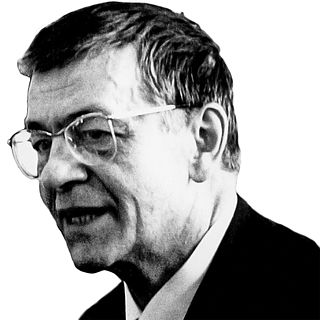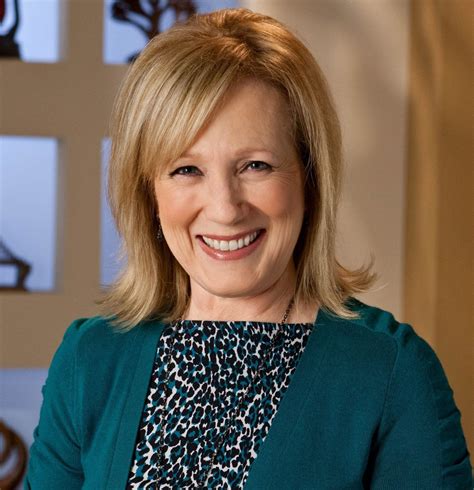A Quote by William James
The greatest enemy of any one of our truths may be the rest of our truths.
Related Quotes
Jesus Christ doesn’t just give us truths; he is the truth. Jesus Christ is the prophet to end all prophets. He gives us hard-copy words from God, truths on which we can build our lives, truths we have to submit to, truths we have to obey, and truths we have to build our lives on, but he himself is the truth.
There are several kinds of truths, and it is customary to place in the first order mathematical truths, which are, however, only truths of definition. These definitions rest upon simple, but abstract, suppositions, and all truths in this category are only constructed, but abstract, consequences of these definitions ... Physical truths, to the contrary, are in no way arbitrary, and do not depend on us.
So multifarious are the different classes of truths, and so multitudinous the truths in each class, that it may be undoubtingly affirmed that no man has yet lived who could so much as name all the different classes and subdivisions of truths, and far less anyone who was acquainted with all the truths belonging to any one class. What wonderful extent, what amazing variety, what collective magnificence! And if such be the number of truths pertaining to this tiny ball of earth, how must it be in the incomprehensible immensity!
There are different kinds of truths for different kinds of people. There are truths appropriate for children; truths that are appropriate for students; truths that are appropriate for educated adults; and truths that are appropriate for highly educated adults, and the notion that there should be one set of truths available to everyone is a modern democratic fallacy. It doesn't work.
Our faith is concentrated in the Son of God, and through him in the Father; and the Holy Ghost is their minister to bring truths to our remembrance, to reveal new truths to us, and teach, guide, and direct the course of every mind, until we become perfected and prepared to go home, where we can see and converse with our Father in Heaven.
We all have--to put it as nicely as I can--our lower centres and our higher centres. Our lower centres act: they act with terriblepower that sometimes destroys us; but they don't talk.... Since the war the lower centres have become vocal. And the effect is that of an earthquake. For they speak truths that have never been spoken before--truths that the makers of our domestic institutions have tried to ignore.
Being aware of truths about what is good or right or about what we ought to do is not the same as deciding what to do. Nor can the former truths be derived from decisions about what to do, or about procedures for making such decisions, unless these procedures themselves rest in some way on the apprehension of truths about what we ought to do.









































